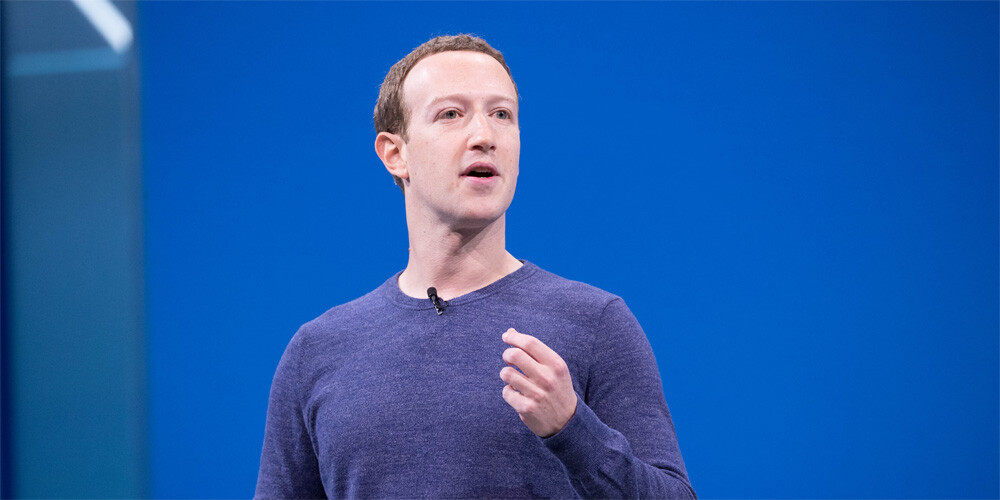[ad_1]
Well, you're largely right about that last part ... but also, you're not really a detective for figuring that out. When Forbes declares someone a self-made billionaire, the company knows if they came from a rich family, and they aren't trying to convince you someone violated the law of conservation of matter by starting from nothing.
A self-made billionaire is someone who started their own business and grew their money to a billion, even if they had some money to begin with. If you start out with $1 million and grow it to a billion thanks to the company you start, you are a self-made billionaire. If you start out with $100 million and grow it to a billion thanks to the company you start—and that's still not easy to do, as few companies enjoy the runaway success of Dick Wigs Inc.—you may not be a self-made person, but you're a self-made billionaire.

Anthony Quintano
The reason we bother with the "self-made" title is a large number of other billionaires are not self-made. They inherited an entire billion-dollar fortune, while Mark Zuckerberg or Carl Icahn or the brothers who founded something called Stripe did not. Have you heard of Alexandra and Katharina Andresen? They inherited a billion each as heirs to a Norwegian investment firm. Or what about another Norwegian billionaire, Gustav Magnar Witzoe? He inherited his Norwegian father's Norwegian salmon business. Then there's German media heir Elisabeth Furtwaengler, or Brazilian health care heir Pedro de Godoy Bueno, or Hong Kong real estate heir Jonathan Kwok.
We got all those names just from Forbes' list of billionaires under 30. If we expand our search to all ages, we'll see a ton more who inherited entire billion-dollar fortunes. The Waltons, worth $60 billion each, didn't found Walmart, they inherited it. The president of Fidelity, Abigail Johnson, inherited her stake in her grandfather's company. And then there are people who inherit billions and then choose to not even work at the family business, like Hyatt heir Daniel Pritzker, who prefers making music to running hotels.

Gil Zetbase
It seems like we'd resent full-fledged heirs the most, rather than entrepreneur billionaires who—even if they never did a billion dollars' worth of labor—did some amount of labor and created something. But we don't. Maybe because most heirs wisely stay out of the spotlight. Or maybe because it's impossible to make a billion dollars without committing some vile acts of pure evil, while heirs can't help being billionaires, because they were just born that way. Either way, saying that a self-made billionaire had a nice home growing up may not be the dunk you think it is.
For what it's worth, if I inherited $500 million, I would never manage to grow it to $1 billion or more. I would immediately spend the bulk of it creating Robot Island, and I'd deliberately run the place using a nutty business plan that loses money, as I build ever more elaborate singing animatronics. What do I care about becoming a self-made billionaire? I'm rich.
Follow Ryan Menezes on Twitter for more stuff no one should see.
Source link
[ad_2]
source https://earn8online.com/index.php/301867/5-truths-about-business-and-the-economy-that-are-bs/
No comments:
Post a Comment